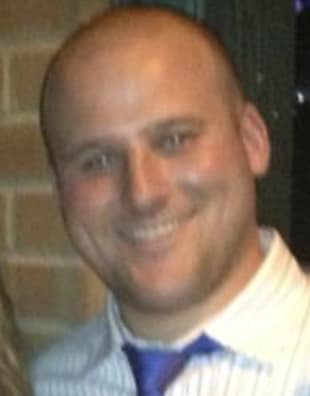With in-person visits set to begin today on college campuses across the country, a key piece of Wisconsin's recruiting department is headed to a Big Ten rival.
Saeed Khalif, who held the title of Director of Player Personnel at UW, is headed to Michigan State, sources told BadgerBlitz.com. Khalif's last day on staff is Wednesday.
Khalif, who oversaw the Badgers' recruiting department, was entering his fifth season at Wisconsin. During his time in Madison, the Badgers put together some of their better recruiting classes during the Rivals.com era. In December, Khalif helped UW assemble the No. 15 recruiting class in the country, its best ever since 2002.
"We want to be a top program, and we want ourselves recognized with top programs in everything that we do," Khalif told reporters on Dec. 17. "Our football play, our recruiting and our academics, we want it all to measure up, so yeah, it's a big deal for us. We'd love to be in the conversations and people talking top 20 and that kind of stuff. Awesome to hear if that helps us get us over the hump.
“We're not, again, rating chasers. It just means we want our evaluation considered, just like some of the other programs that you would consider a blue blood. We're a blue-blood program, and that's where we should be, and we have to work to continue to do that. That means getting in some battles, and we want to feel like we got a strong enough product to do that.
“That's kind of where we're from and that’s the space we come from. Feel like we have the product. We've had the history, and we feel like we need to be in those conversations on those levels.”
In Wisconsin's three previous classes - 2018, 2019 and 2020 - the Badgers finished No. 40, No. 27 and No. 28 in the country, respectively.
“Not to sound cavalier, but one of the things that I've always heard and understood and have come to understand and embrace is the culture was built on good, hard-nosed, solid football players who may not have been identified as the type of achievers that they turn out to be," Khalif said in December. "My thought was, ‘Well, let's find some that are highly-rated and use that same type of development input and see where it could take us.’ So it was a silent challenge.
“So it was a lot about changing the way to talk about us. It’s nice to say that we'll build it on the backs of some under-identified or recognized kids, but if we could get some really recognized kids to mix that, could that take us to a new level? The challenge was to try to do that without diluting the culture as we tried to move forward.”
